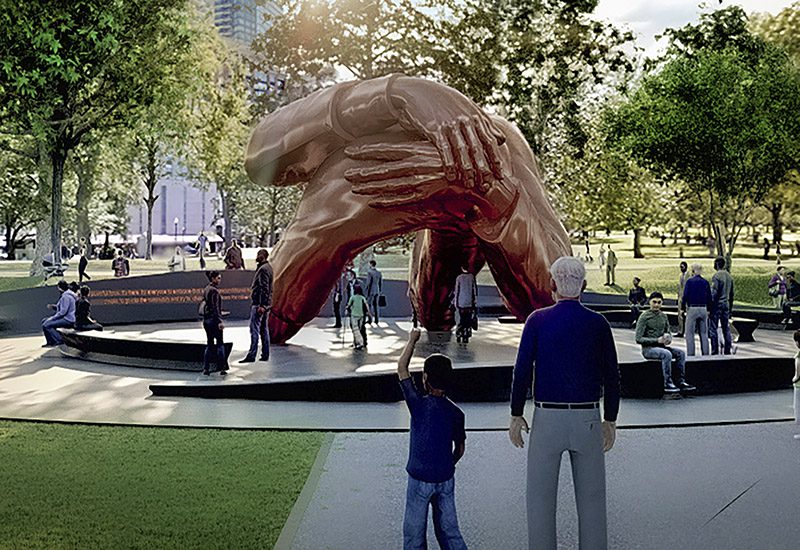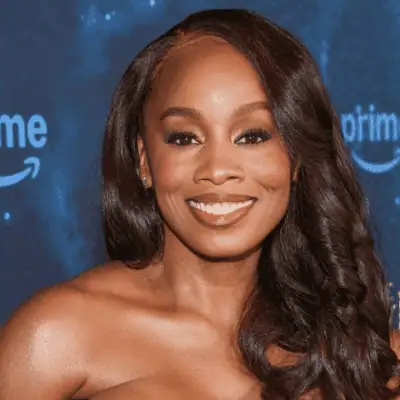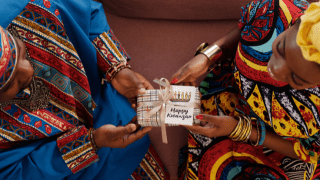
BOSTON (AP) — A major memorial honoring Martin Luther King Jr. and Coretta Scott King is moving forward in Boston, where they met and studied in the 1950s.
King Boston, the privately funded organization coordinating the estimated $9.5 million project, said this week that fabrication of a roughly 22-foot-high bronze sculpture depicting four arms embracing is expected to begin in March after years of planning.
When unveiled late next year, “The Embrace” will be one of the country’s largest new memorials dedicated to racial equity, the organization says. It will be installed on Boston Common near the site of a 1965 rally and march led by MLK, who would have turned 92 on Friday.
Imari Paris Jeffries, King Boston’s executive director, said organizers hope their broader effort serves as a model for how public monuments can spark positive action in the wake of the national reckoning on racism sparked by the killing of George Floyd in Minneapolis last year.
Besides the King memorial, the organization is also raising money to build an economic justice center in Roxbury, a historically Black neighborhood in Boston where MLK preached. It also plans to launch an annual gathering exploring issues of race and equity.
“It’s not only how symbols and monuments represent this commitment to equity and inclusion,” Jeffries said. “It’s also about how research, data and policy work to find new solutions, and how we use the arts and humanities to ground us.”
Dr. Vicki Crawford, director of the MLK collection at Morehouse College, the civil right’s leader’s alma mater in Atlanta, Georgia, said the Boston project also stands out because it honors the sizeable contributions of Coretta Scott King alongside her husband.
She founded the Martin Luther King Jr. Center for Nonviolent Social Change in Atlanta and led the successful push to make his birthday a national holiday after his assassination in 1968.
“She hasn’t received adequate recognition for institutionalizing his philosophy of nonviolence,” Crawford said. “He could not have done it without her by his side.”
Other recent monuments to MLK include a bronze statue on Georgia Capitol grounds, dedicated in 2017, and the towering granite likeness off the National Mall that opened in 2011.
King Boston was launched in 2017 to address what organizers viewed as a glaring deficiency, considering MLK spent some of his formative years in Boston. The Georgia native earned a doctorate in theology from Boston University and was assistant minister at the city’s Twelfth Baptist Church.
The memorial effort was later broadened to honor Coretta Scott King, who earned a degree in music education from the New England Conservatory. It has been further expanded to also recognize Boston civil rights leaders during the 1960s, whose names will be memorialized in the surrounding plaza.
Like other racial justice efforts, Jeffries said King Boston has been bolstered by civic activism following Floyd’s killing. The organization collected roughly $8 million of the total $12 million it has raised to date in roughly eight months last year, he said.
The project also comes as Boston, which was scarred by violent protests over efforts to desegregate its public schools in the 1970s, is enjoying something of a “Black Renaissance,” Jeffries said.
The city of almost 700,000 residents, roughly a quarter of them Black, now has its first Black police commissioner and is also home to the state’s first Black female district attorney and the state’s first Black congresswoman. Soon, New England’s largest city will also have its first Black and first female mayor.
“It seems with every passing day this piece becomes so necessary,” said Hank Willis Thomas, the Brooklyn artist who designed the Boston memorial. “I never imagined how prescient this would be.”






